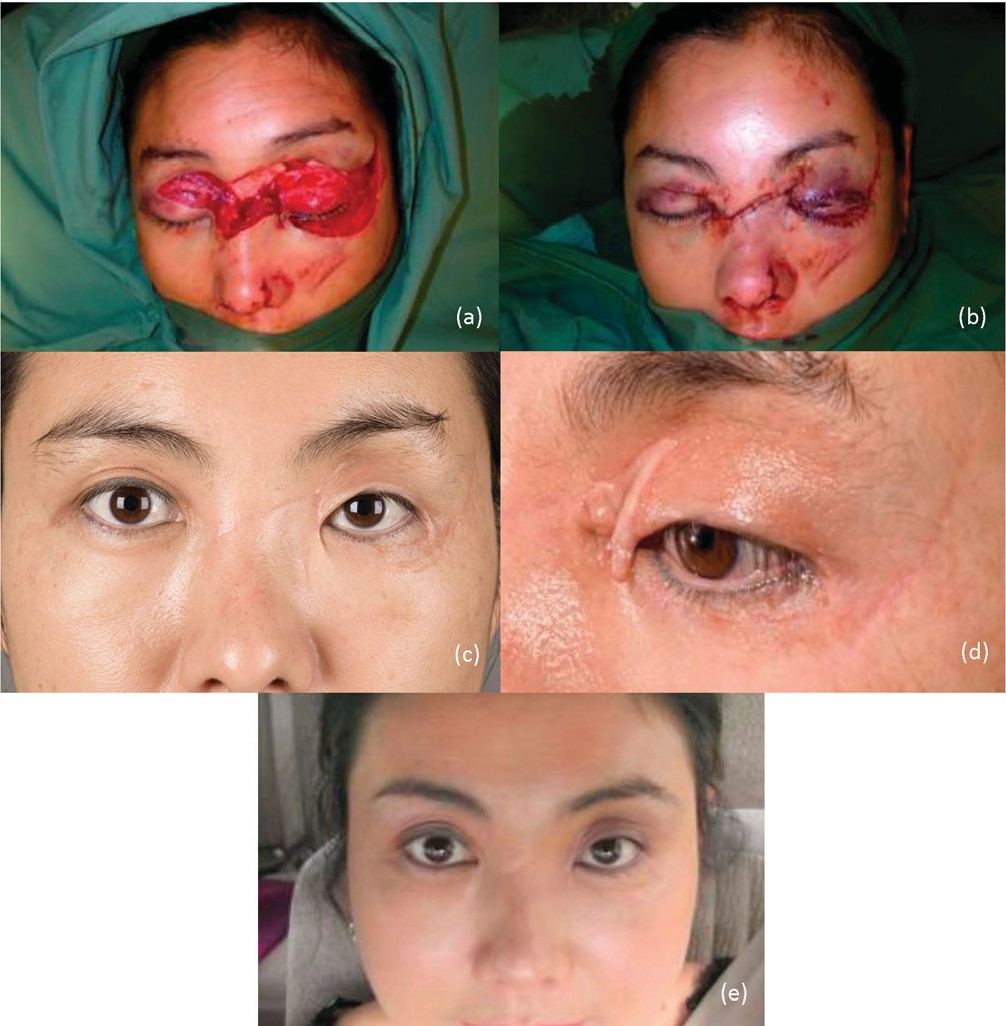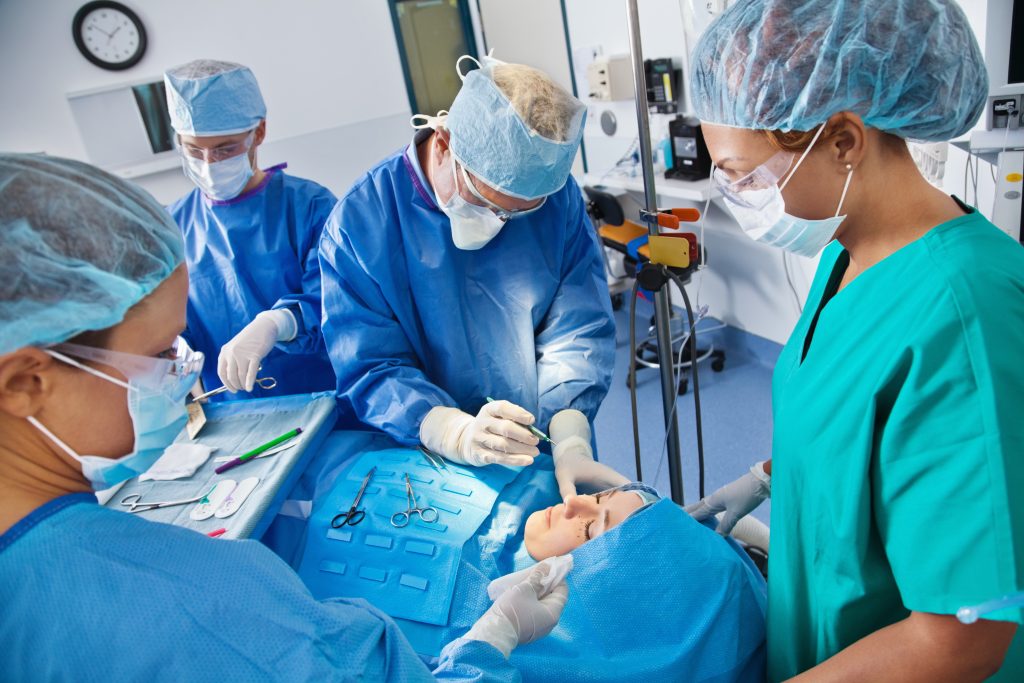Checking Out the Mental and Social Variables That Drive Individuals to Consider Plastic Surgery as a way of Improvement
The choice to seek plastic surgery usually extends past mere visual appeals, intertwining with mental and social dynamics that warrant detailed evaluation. Elements such as self-confidence, prevalent societal beauty criteria, and the prevalent influence of social media sites converge to shape private inspirations for medical enhancement. As these influences become progressively noticeable, understanding the underlying emotional and social contexts is vital. What stays to be discovered is the extensive effect these factors have not only on individual identification however likewise on broader social standards and worths surrounding appeal and acceptance.
The Role of Self-worth
Self-esteem dramatically affects a person's choice to seek cosmetic surgery. Individuals with low self-confidence commonly regard themselves in an adverse light, leading to feelings of inadequacy regarding their physical appearance.

Inevitably, the duty of self-worth in the decision-making procedure pertaining to cosmetic surgery highlights the complex interaction in between body picture, individual satisfaction, and mental health. Understanding this relationship is important for medical care experts to guarantee that clients are making educated choices rooted in practical expectations and psychological well-being.
Social Charm Standards
Influenced by pervasive media portrayals and social stories, social appeal requirements play an essential function in forming people' perceptions of their own bodies. These criteria are often identified by an idealized kind of appeal that emphasizes characteristics such as symmetry, slimness, and youthfulness. As these ideals are bolstered through numerous channels, consisting of film, tv, and marketing, individuals frequently internalize these messages, leading to frustration with their natural look.
The ramifications of these societal standards prolong beyond visual preferences; they can affect self-esteem, mental wellness, and interpersonal connections. Individuals who perceive themselves as dropping brief of these requirements might experience feelings of insufficiency, motivating a desire for plastic surgery as a way of attaining social approval. This search is usually fueled by the belief that satisfying these suitables will improve not just physical look but also social standing and individual fulfillment.

Impact of Social Network
The effect of social elegance criteria is further enhanced by the increase of social media sites systems, where curated photos and idyllic depictions of beauty are ubiquitous. Users are continuously exposed to filtered and edited photographs, which commonly show unattainable physical features. This direct exposure grows a society of comparison, leading individuals to evaluate their own appearance against these commonly impractical benchmarks.
Social network influencers and celebs frequently promote cosmetic treatments, stabilizing the notion that surgical enhancements are a practical methods for attaining societal ideals (plastic surgery rancho cucamonga). The presence of these improvements can produce an assumption that undergoing plastic surgery is a conventional technique, thereby influencing individuals to think about similar treatments as a path to enhanced self-worth and social approval
In addition, the interactive nature of social networks enables immediate responses via sort and comments, even more reinforcing the need to adapt to prominent beauty criteria. Such communications can intensify sensations of insufficiency and drive individuals towards plastic surgery as a way of gaining recognition. Ultimately, social media plays an essential function in forming assumptions of charm, which considerably impacts the decision-making procedures surrounding cosmetic surgical procedure.

Social Point Of Views on Look
Throughout different cultures, perceptions of look are deeply rooted in historic, social, and economic contexts, forming people' views on beauty and worth. In several cultures, appearance acts as a substantial marker of identity, affecting social standing, expert opportunities, and individual connections. As an example, in some societies, light skin is usually connected with wealth and privilege, while others might glorify darker skin tones as signs of stamina and authenticity.
Additionally, standard beauty requirements are commonly bolstered with social stories, media representations, and family affects, leading to differing perfects across various areas (plastic surgery rancho cucamonga). In Western cultures, the focus on young people and fitness commonly drives individuals toward aesthetic enhancement, while in particular Eastern societies, even more subtle adjustments lined up with traditional visual appeals might be preferred
Globalization and the spreading of digital media have actually further complicated these characteristics, producing a hybridization of elegance suitables that goes beyond geographical boundaries. As individuals progressively browse these cultural narratives, the stress to comply with certain appearance criteria can lead to the need for plastic surgery, mirroring a complicated interplay of personal goals and social values. page Comprehending these cultural viewpoints is essential in attending to the motivations behind plastic surgery factors to read the article consider.
Emotional Impacts of Plastic Surgery
Several people seeking cosmetic surgery record experiencing profound mental impacts that can dramatically alter their self-perception and psychological well-being - plastic surgery rancho cucamonga. The wish for physical improvement frequently comes from underlying concerns such as reduced self-worth, body dysmorphic disorder, or societal pressures concerning appeal standards. For some, the prompt post-operative phase can result in a short-lived increase in self-esteem and fulfillment with their look, promoting a feeling of empowerment
Nevertheless, these favorable feelings might not be sustaining. Study indicates that while some patients experience enhanced self-esteem, others might face intense stress and anxiety or depression if their assumptions are not met. This disparity can develop from unrealistic perfects perpetuated by media depiction and cultural stories surrounding appeal.
Additionally, the psychological ramifications of cosmetic surgical treatment expand beyond the person. Relationships with family and buddies might be strained as social characteristics shift, causing feelings of seclusion or alienation. Ultimately, the mental impacts of cosmetic surgical treatment are intricate and multifaceted, requiring cautious factor to consider by both prospective individuals and healthcare providers to make certain informed decision-making and sensible expectations.
Verdict
To conclude, the choice to pursue plastic surgery is considerably affected by a mix of self-confidence issues, societal charm standards, and social perspectives on look. The pervasive reach of social media sites better intensifies these stress, promoting impractical suitables that individuals usually aim to acquire. Comprehending these psychological and social variables is crucial for addressing the motivations behind plastic surgery, highlighting the requirement for a much more nuanced conversation surrounding appeal and self-acceptance in modern society.
The decision to seek cosmetic surgical procedure often prolongs beyond mere looks, linking with social and psychological characteristics that warrant detailed exam. Inevitably, social my site media plays an essential function in shaping perceptions of elegance, which dramatically affects the decision-making processes bordering cosmetic surgical procedure.
As individuals increasingly browse these cultural stories, the pressure to adhere to specific look standards can lead to the need for cosmetic surgical procedure, showing a complex interaction of cultural values and personal desires.In conclusion, the decision to pursue cosmetic surgery is dramatically affected by a mix of self-worth concerns, social elegance criteria, and social point of views on appearance. Comprehending these social and emotional variables is important for dealing with the motivations behind cosmetic surgery, highlighting the need for a more nuanced discussion surrounding appeal and self-acceptance in contemporary society.